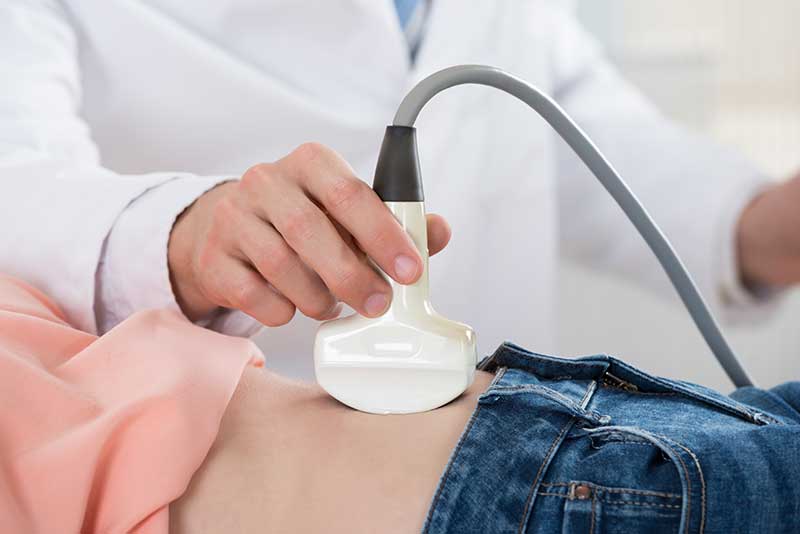Fertility Medical Management in Dubai
Fertility Medical Management
Infertility happens when a couple cannot conceive after having regular unprotected sex of more than 1 year. It may be that one partner cannot contribute to conception, or that a woman is unable to carry a pregnancy to full term.
What causes female infertility?
There are a number of things that may be keeping you from getting pregnant:
- Damage to your fallopian tubes:
Fallopian tubes may get damaged due to pelvic infections, endometriosis, and pelvic surgery. This can prevent sperm from reaching the egg in the tube. This is where the egg is fertilized and then moves down to the uterus where implantation takes place. - Hormonal problems:
You may not be getting pregnant because your body isn’t going through the usual hormone changes that lead to the release of an egg from the ovary and the thickening of the lining of the uterus. - Cervical issues:
Some women have a condition that prevents sperm from passing through the cervical canal. - Uterine trouble:
You may have polyps and fibroids that interfere with getting pregnant. Uterine polyps occur when too many cells grow in the endometrium, the lining of the uterus. Fibroids grow in the wall of the uterus. Other abnormalities of the uterus can also interfere. - Unexplained infertility

What are the tests for infertility?
Your doctor may suggests several tests based on your history.
- Blood test to check hormone levels – AMH, FSH, LH, Progesterone, Estrogen.
- Endometrial biopsy to examine the lining of your uterus
- Hysterosalpingography (HSG) – This procedure involves ultrasound or X-rays of your reproductive organs. A doctor injects either dye or saline and air into your cervix, which travel up through your fallopian tubes. With this method, your doctor can check to see if the tubes are blocked.
- Laparoscopy – Yourdoctor puts a laparoscope through a small cut near your navel. This lets them view the outside of your uterus, ovaries, and fallopian tubes to check for abnormal growths. The doctor can also see if your fallopian tubes are blocked.
How is female infertility treated medically?
If you have ovulation problems, you may be prescribed drugs such as clomiphene citrate, gonadotropins, or letrozole.
These drugs also can also help you get pregnant by causing your ovaries to release multiple eggs. Normally, only one egg is released each month.
Metformin is another type of medication that may help you ovulate normally if you have insulin resistance or PCOS (polycystic ovarian syndrome).
However cases with deformed anatomy, large fibroids, and cysts may require some surgical intervention.
Being stress free, following healthy diet and weight reduction may be enough in some to achieve pregnancy.

